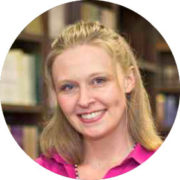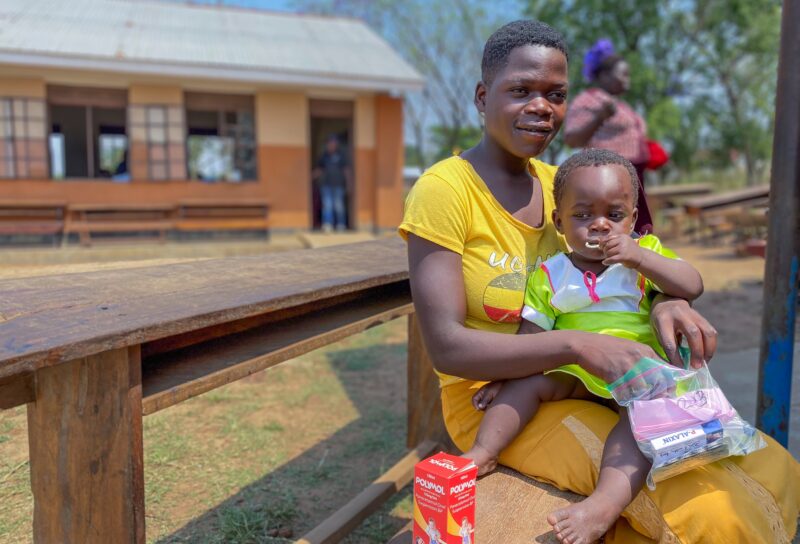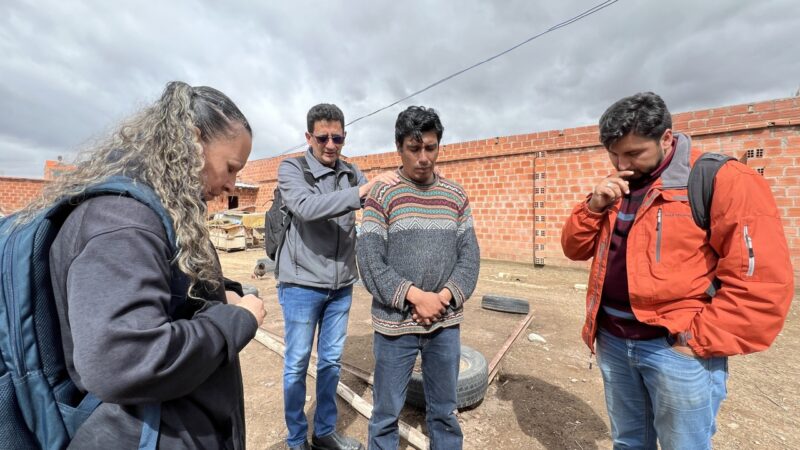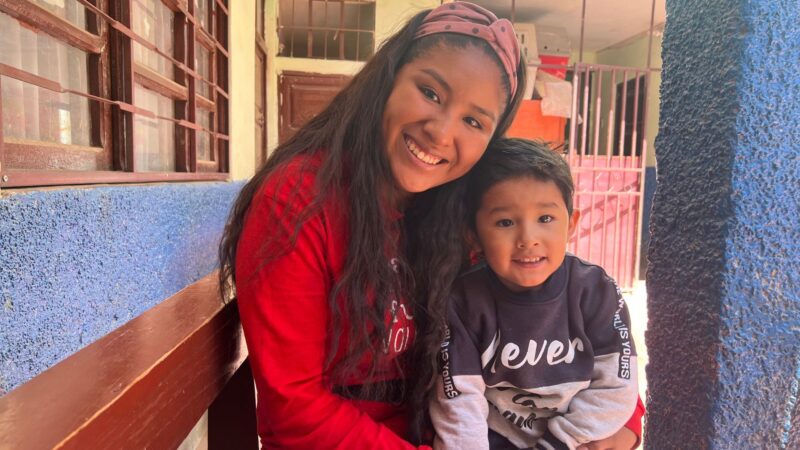In a world where a child’s future can be decided by the borders they’re born within, the income inequality between rich and poor isn’t just a statistic—it’s a moral call to action.
At Bright Hope, our Hope for Today programs provide urgent support to the extreme poor, meeting their basic needs for food, clean water and medical care. These essentials help prevent hunger, thirst and treatable diseases, offering life-saving relief.
Beyond immediate aid, these programs give people hope and the strength to face tomorrow. They empower families to endure and rebuild their future. Most importantly, Hope for Today programs remind them that they are not forgotten.
Insights on Income from the World Bank
The World Bank’s World by Income and Region data gives us a clear picture of global income inequality. It divides the world into different income groups, showing the stark contrasts in wealth highlighting the struggles millions face daily, especially in the poorest regions.
This data makes one thing clear: income inequality is a serious and urgent issue. Wealthy countries dominate North America and Europe, while many families in low-income nations like Africa and South Asia struggle. These divisions highlight a harsh reality—many people in these regions lack basic needs like education, healthcare, and infrastructure.
For example, here are the average incomes in several African and South Asian countries:
- Somalia: $590 per year
- Uganda: $970 per year
- Kenya: $2,110 per year
- Mali: $840 per year
- Zambia: $1,290 per year
- Nepal: $1,430 per year
- Myanmar: $1,230 per year
- Laos: $2,110
As Christians, we must care for the poor and marginalized. The Bible teaches us that it’s not enough to simply notice these problems—we must act. God calls us to be stewards of His creation, and part of that responsibility involves addressing economic inequality. Our role goes beyond awareness; it’s about taking meaningful, practical steps to help those in need.
The World Bank’s data reveals a troubling truth: a small number of wealthy countries control most of the world’s resources, leaving many low-income nations without essentials like food, clean water, and healthcare. These aren’t just statistics—they represent real people facing real challenges.
This calls us to recognize that solving global inequality requires more than policy changes; it demands Christian action. We can make a difference by advocating for fairness, supporting aid organizations, and using our voices to uplift the poor. Global cooperation is crucial, and each of us plays a role in ensuring everyone has a chance to thrive.
What now?
In the end, this data should not only inform us—it should inspire us. As Christians, we are called to more than just acknowledge poverty—we are called to act with compassion, working to create a world where no one is left behind. Let this be a reminder to live out our faith through real acts of love and justice for the poorest of the poor.
The communities Bright Hope serves are trapped in a relentless cycle of poverty and crisis. We work every day to break this cycle by empowering people to rise out of physical, economic and spiritual poverty rather than creating dependency.





